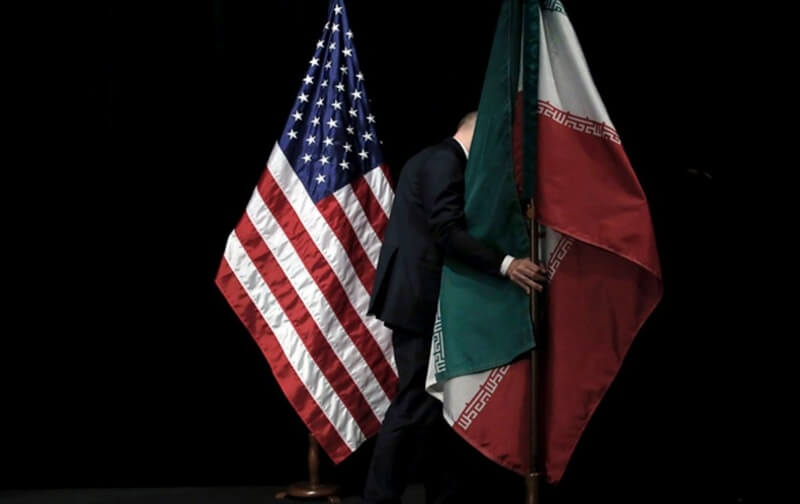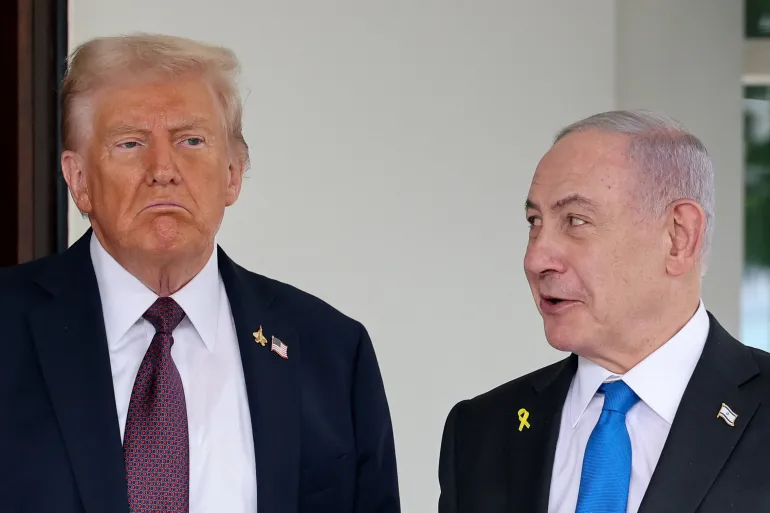
The Washington Post said Iran’s refusal to fully cooperate with international nuclear inspectors could invite additional U.S. military action, pointing to American airstrikes in June that targeted three key Iranian nuclear sites.
The paper argued Tehran’s recent behavior signals indifference—if not a desire—for confrontation, portraying the Islamic Republic as an “outlaw” actor through continued contentious actions. It noted persisting uncertainty about the scope of Iran’s program following the June attacks on Fordow, Natanz and Isfahan. Inspectors were reportedly allowed to visit Bushehr, but not the facilities struck by U.S. bombers.
According to the Post, the lesson Tehran should draw from June is that Washington is prepared to use force to prevent an Iranian nuclear weapon. It said President Donald Trump resisted isolationist pressure within his base and could do so again if he deems it necessary for U.S. security.
The editorial also linked Iran’s alleged stalling—and the reported loss of near-weapons-grade uranium stocks—to the need for full IAEA access. It urged Tehran to return to talks on a purely civilian nuclear program if it wants to avoid further conflict.
The piece referenced last week’s move by Britain, France and Germany to activate the U.N. “snapback” mechanism, triggering a 30-day process to restore international sanctions unless Iran resumes full cooperation with the IAEA, agrees to direct talks with Washington and provides an accounting of uranium in question.
Tehran has threatened a “severe response” should sanctions be reimposed, including the possibility of withdrawing from the Nuclear Non-Proliferation Treaty. The Post further tied renewed pressure on Iran to what it called destabilizing activity abroad, citing Australia’s expulsion of Tehran’s ambassador after intelligence linked the Iranian government to attacks on a Melbourne synagogue and a kosher food company in Sydney, as well as threats attributed to Iran against the IAEA director general and Houthi raids on U.N. agency offices in Yemen.
The Post concluded that after June’s U.S. strikes—followed by Trump’s mediation of a cease-fire to end the Israel war—Tehran reverted to “defiance and deception,” keeping the risk of military escalation alive as the United States signals it is prepared to act again.




